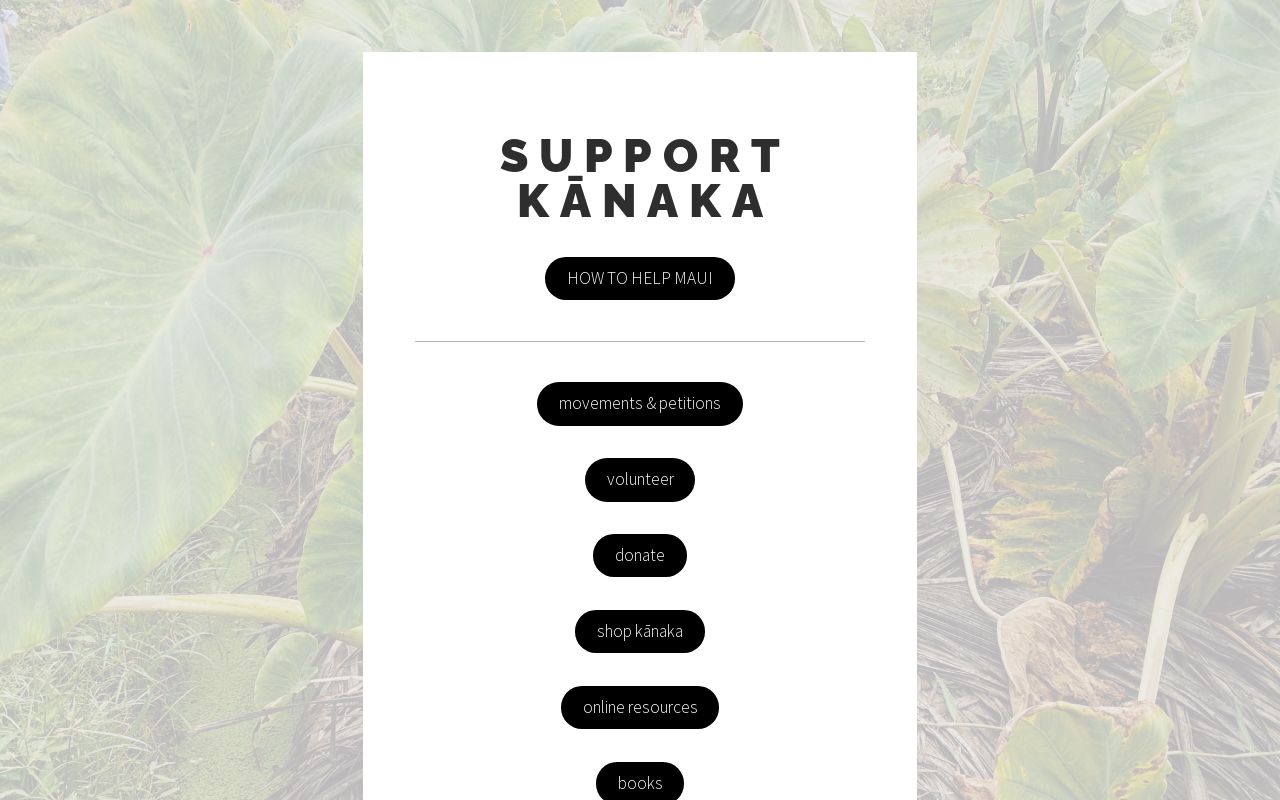- Currently Minneapolis / Saint Paul
- Posts
- Currently in the Twin Cities — August 16, 2023: It's giving blast furnace
Currently in the Twin Cities — August 16, 2023: It's giving blast furnace
Plus, it's now virtually certain we're living through the hottest year in history.
The weather, currently.

It’s giving blast furnace
It’s going to get briefly steamy Wednesday ahead of a cool front and windy. Southwest winds 15-20 mph, gusting to 40 mph by the afternoon will push temperatures to near 90 and dew points into the 60s Wednesday afternoon. Storms will develop Wednesday evening, which could be strong to severe.
Behind the front it will be a very pleasant day Thursday before a potential heat wave develops. Highs could be 90+ Saturday into early next week as a large upper level ridge of high pressure or ‘heat dome’ parks over the central U.S., including Minnesota.
What you need to know, currently.
So far, 2023 has been a year of climate extremes — especially heat.
Global oceans are record-warm, especially those near Florida. All-time records temperatures have been broken in China. We’ve experienced the hottest day on Earth in 125,000 years.
NOAA, NASA, and other global monitoring organizations have crunched the numbers for July and found that we’re now on track for this to be the hottest year in history.
"We now estimate a 99% likelihood that 2023 will set a new record for the warmest annual average," wrote Robert Rohde of Berkeley Earth. That’s a huge boost from their estimate back in January, before El Niño formed, of just a 14% chance of a record warm year.
Temperature Update for July 2023
Warmest July — and warmest month of any kind — in the Instrumental record.
Warmest July for both land and ocean.
El Niño continues to strengthen.
Almost certain that 2023 will become a record warm year.
berkeleyearth.org/july-2023-temp…
— Berkeley Earth (@BerkeleyEarth)
8:58 AM • Aug 14, 2023
There’s also now a 20% chance we reach 1.5°C this year — the line-in-the-sand limit agreed to by the world in 2015 in Paris — the point above which widespread climate change could become irreversible on civilization timescales. Though these changes, especially in coral reefs and other critical ecological systems, are already beginning to occur.
Due to a strengthening El Niño, 2024 will be warmer than 2023. Earlier this year, the World Meteorological Organization gave a 66% chance that the world will hit the 1.5°C mark by 2027.
What you can do, currently.
The fires in Maui have struck at the heart of Hawaiian heritage, and if you’d like to support survivors, here are good places to start:
The fires burned through the capital town of the Kingdom of Hawaii, the ancestral and present home to native Hawaiians on their original unceded lands. One of the buildings destroyed was the Na ‘Aikane o Maui cultural center, a gathering place for the Hawaiian community to organize and celebrate.
If you’d like to help the community rebuild and restore the cultural center, a fund has been established that is accepting donations — specify “donation for Na ‘Aikane” on this Venmo link.
Nā ‘Āikane O Maui Cultural Center has burnt down. It was a gathering place for Cultural Groups & Kīpuka for our Lāhui - everyone was fed & no one was ever charged. Cultural artifacts, and a safe gathering and educational space for our people has been lost. #Lahaina#LahainaFire/
— Oʻahu Water Protectors (@oahuWP)
8:20 PM • Aug 9, 2023

